How Fairfield rose to historic AMEP challenge
FAIRFIELD, 2015-2017: When the Australian government committed to a special intake of 12,000 refugees fleeing the war and IS in Iraq and Syria, more than half started their settlement journeys in Fairfield.
The number of new arrivals was a challenge for Navitas, which rapidly grew in Fairfield from 2 to 11 locations, 100 trainers and dozens of support staff delivering the Adult Migrant English Program (AMEP) to an additional 7000-plus people.
It was huge, it was hectic, and, from all accounts, it was a resounding success.
We spoke to Navitas Skilled Futures (NSF) Fairfield Operations Team Leader, Vesna Trazivuk, about this significant time in the AMEP’s, and NSF’s, recent history.
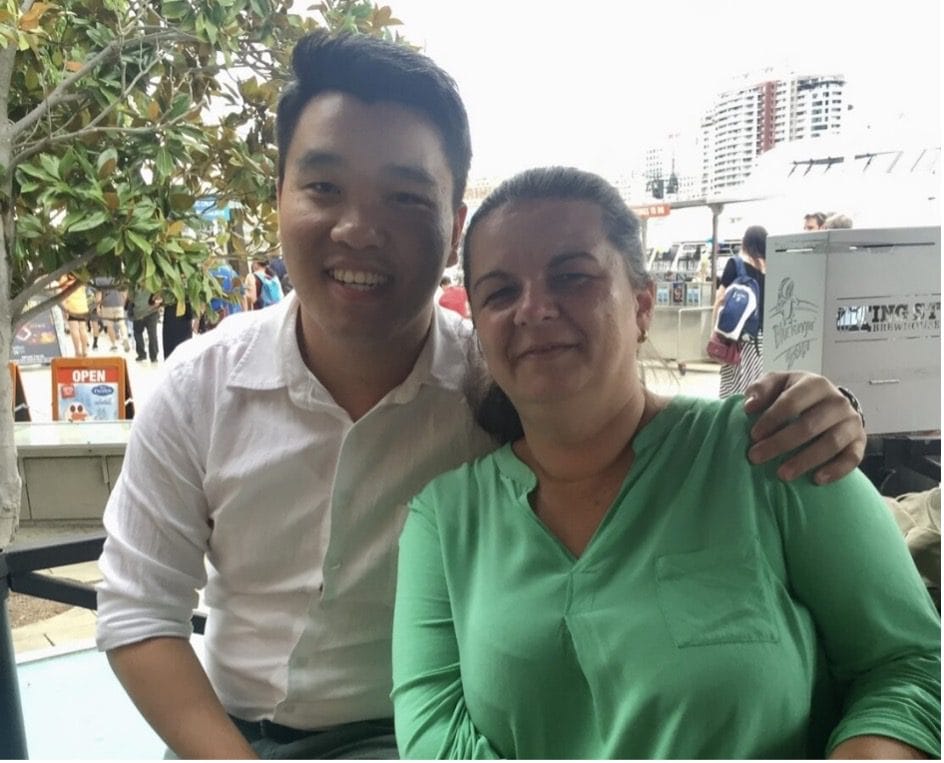
When it comes to knowing anything about Fairfield and the AMEP, there’s not much Vesna Trazivuk can’t tell you. For the past 24 years she’s had first-hand experience overseeing the planning and delivery of the Program and its related courses and projects to thousands of students from all over the world. She has a sharp memory for recalling people, dates and events. But the extraordinary period of the “Syrian intake”, as it is known to Fairfield’s locals, was so intense, she says it is almost a blur.
“At least for a year or more it was crazy,” Vesna says. “We were running on adrenalin.”
Navitas English, as it was called at the time (it became NSF in 2021), was a daily hive of activity, operating with “military precision” to ensure every new client was individually assessed, offered appropriate assistance and support, and placed in the right program at the right college site, ensuring no one fell through the cracks. Vesna said the “human” element could not be lost in the administrative battle.
“We only had two sites – Alan St and Ware St – but we soon grew,” Vesna said. “Following the government announcement the new arrivals started as a trickle, then it just mushroomed out of all proportions. With increasing student numbers, we had to increase the physical capacity of the college. At one stage we had 11 sites operating within walking distance of each other; with 99 teachers and 28 support staff. In the staff room it was three teachers to a desk – that’s how crowded it was. There were up to 55 full-time morning classes, and 29 afternoon classes, and at one point, six customer service officers serving at reception.”
But Vesna says despite the operational pressures, daily problem solving and long hours, she prefers to focus on the positives of the time, of which there are plenty.
“I do believe that we were the biggest AMEP College in AMEP history,” Vesna says.
“It was the feeling that we were doing something that no one else did, and may never do again. And we did it very well.”
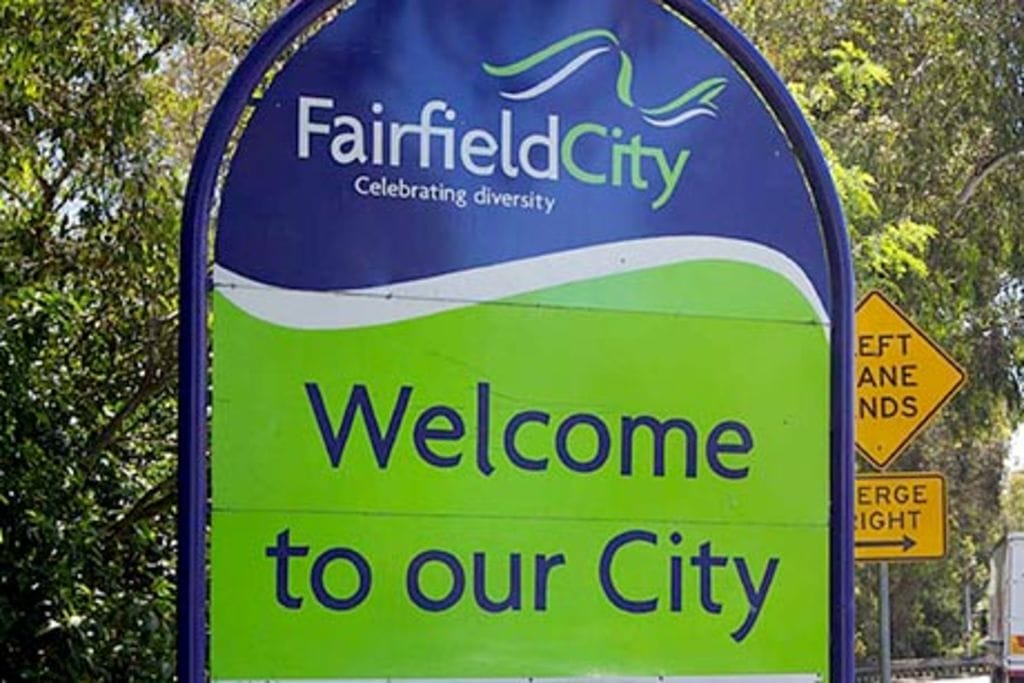
The impact of the Syrian intake was felt on the whole community of Fairfield. The local government area, which has been a multicultural hub and destination for new migrants for many years, took in triple its usual annual humanitarian intake in 2016 and saw a 500 per cent increase in its resettlement rate within an 18-month period. According to Fairfield Mayor Frank Carbone, the 7,000 new arrivals – numbers equivalent to a new suburb – were welcomed by a community who were “willing to open their arms, open their hearts and open their homes”.
“Because we’ve walked the road before, we understand the challenges refugees face, but we understand the benefits too,” Mr Carbone said at the time.
Vesna is someone who also understands those challenges, arriving from former Yugoslavia with her husband, two young children and her mother in 1997 (her third child was born in Australia in 2003). A former AMEP student who arrived knowing no English but reaped the rewards of the Program, she joined Navitas for work experience program and never left. Starting as an admin assistant before moving to educational assistant, she then became office coordinator before being promoted to Operations Manager in 2015.
“Once Fairfield always Fairfield,” she says, with pride.
“We have created an environment at Fairfield for staff and students where there is no ‘us and them’. It’s all ‘us’.”
“And people feel it from the word go when they come here. If I’m to be proud of something, that’s it.”
A big part of that “us” is Academic Team Leader Chen Zhao, who worked side-by-side with Vesna during the Syrian intake. They were – and remain – a no-fuss, hardworking, roll-up-your sleeves duo, supported by a team that support each other and believe in the importance of what they are doing.
“I’m blessed with working with fantastic, passionate professionals,” Vesna says. “And blessed with a fantastic young man in the Academic Team Leader role. Only his own mother can be more proud of his achievements.
“The best investment for any business, I would say, is an investment in people. Chen and I always treat everyone with respect and care, and staff can see through if you are genuine or not. We were working very hard [at the time of the Syrian intake], doing long hours, in difficult conditions. So when, on occasion, we had to ask staff to deal with issues, they just soldiered on, like we did, took it on the chin, took pride in what they were doing, and tried to minimise any adverse effects of any operational issues so the students had a good experience and we could just keep going.”
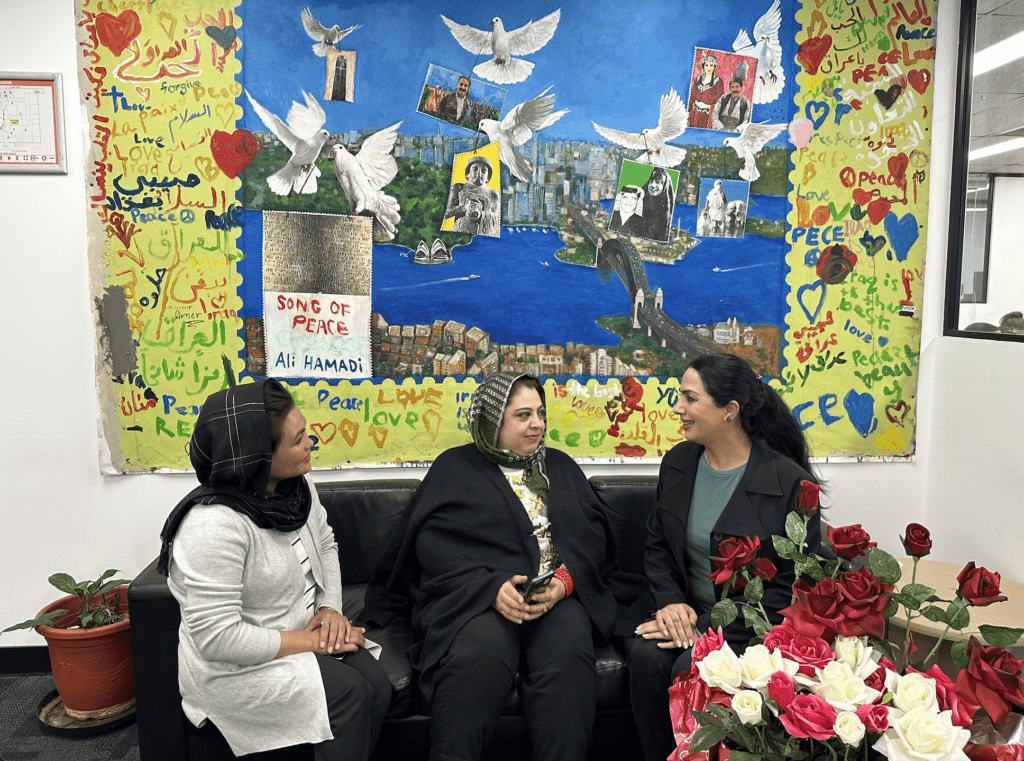
For each new student, and each new staff member, there were processes that needed to be followed and advance planning to ensure there were adequate desks, computers and classrooms.
“With the infrastructure we had, as a community, and infrastructure that we had as a business, it required quick thinking, quick actions, not losing sight of what are their business needs, and at the same time responding to such a huge demand,” Vesna said.
“Our record for registering in one day was 46 new clients. Nowadays, if a college registered 46 new clients in a month, it’s an achievement – so you can imagine the pressure.”
At the time, along with 510 AMEP hours, Syrian refugees were eligible for 100 additional SPP (Special Preparatory Program) hours. The maximum SPP class size of 12 students drove the need for so many physical classrooms and teachers. Vesna recalls having 10 assessors and 10 Pathway Guidance Advisors working on the same day to keep up with demand. They needed to ensure people were “treated as people, not numbers”, so husbands and wives were placed in the same classes if that is what they wanted, in locations as close to their homes as possible, and, if they required counselling or other support, they were giving the help or guidance needed. Everything had to be planned.
“Also on the first day of the term, one of our Customer Service Officers (CSO) created a map marking all our college sites, and then we would have walking groups to make sure everyone got to their classes,” Vesna said.
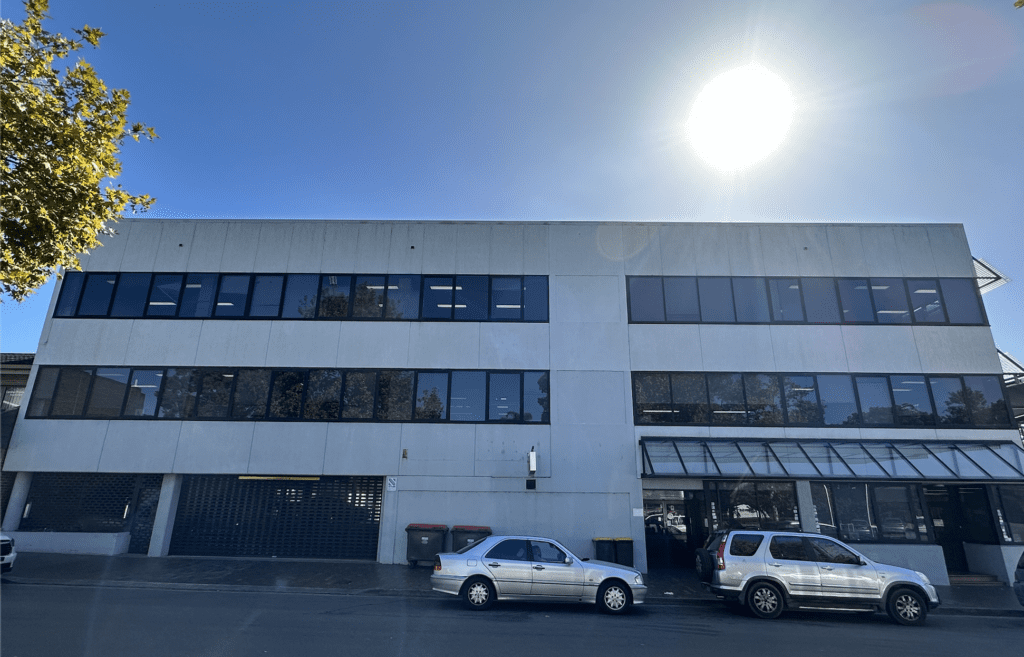
“So we would get new students to gather here at the Alan St college, because that’s the area they know. And if we had just provided them with an address where they should go, they would be lost because they’re new to the country. So we had walking groups to take them there.
“First, we would start with teachers, they would take group by group to different sites; the second group was done by Bilingual Support Assistants, the third group was a CSO, then an area manager. It was honestly like a military operation.
“And then we will do a second round, because our students are coming from cultures where they don’t always have a great sense of being on time!” Vesna laughs.
In the AMEP’s 75th year, and as Navitas celebrates its 25th anniversary of AMEP delivery, Vesna says it is a good time to reflect on this chapter in Fairfield’s history, which helps to demonstrate how vital this Program really is in contributing to settlement success.
“It was amazing times, amazing people working, amazing students,” she says.
Many students made lifelong friends, have gone on to further education and employment, are raising families and have settled in Fairfield and neighbouring communities.
“I am proud of what we did, and I am also proud that we did not have any incidents among the staff, or students, the whole time, requiring involvement from anyone else but people in the college,” Vesna says.
“It required tolerance and teamwork. This is what we are about at Fairfield. We are making a real difference. I really believe that.”
